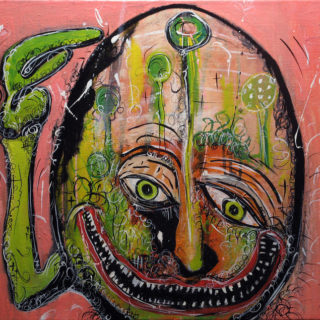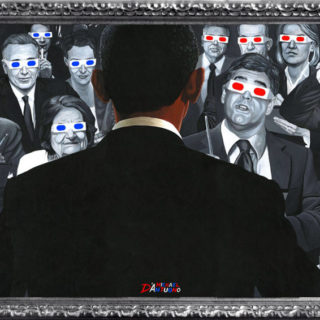Category: Cognitive Biases
Loss aversion can be simply defined as “losses loom larger than corresponding gains.” It refers to the fact that people actually prefer to avoid losses rather than acquiring gains. Simply put, people prefer find it better not to lose $50 than receiving the same $50.
The Dunning-Krueger Effect states that incompetent individuals have more difficulty recognizing their true level of ability than do more competent individuals and that a lack of metacognitive skills may underlie this deficiency. In other words, we tend to overestimate our capabilities.
The Confirmation bias connotes the seeking or interpreting of evidence in ways that are partial to existing beliefs, expectations, or a hypothesis in hand (Nickerson, 1998). Without a doubt, it is one of the most important biases of the mind, as it affects and limits the process of decision-making and reasoning in us.
It is all about the Bandwagon Effect. This cognitive bias makes us believe in something just because a lot of other people including our family, friends and close ones believe it. People adopt certain behaviors just because everybody else is doing it.




